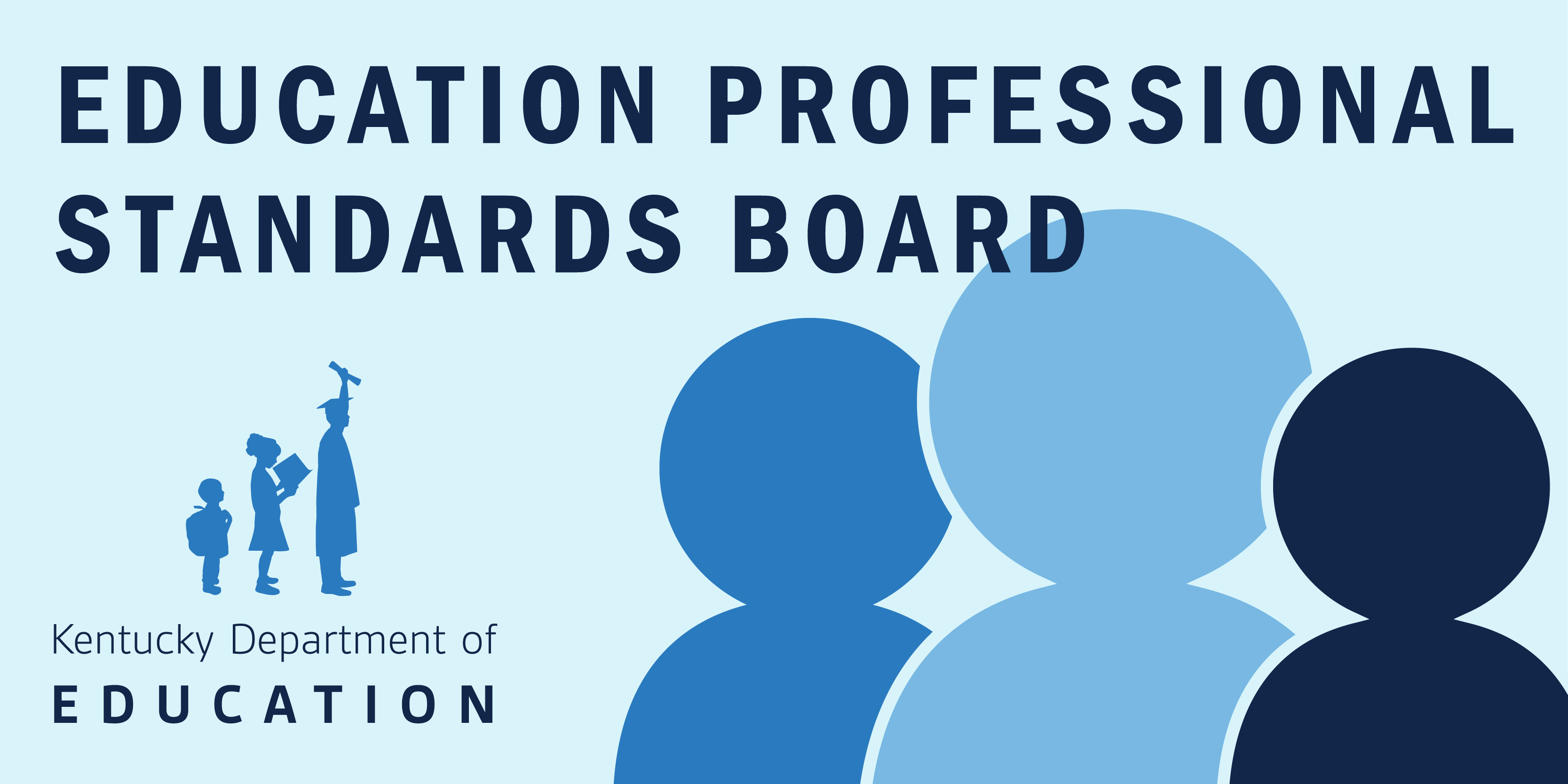From the office of Gov. Steve Beshear
The Governor’s Task Force on Transforming Education in Kentucky (TEK) presented Gov. Steve Beshear with its final report, including 35 recommendations that the group believes would enable Kentucky to better prepare all of its students for success in the 21st century, on Feb. 21.
Gov. Beshear directed the task force – composed of parents, teachers, superintendents, education advocates, lawmakers, and business and community leaders – to help develop new strategies to ensure Kentucky has the curriculum, teachers, standards, organization and structure in place to prepare children for the 21st century while reinvigorating public and business support for education.
The group, co-chaired by Kentucky Education Commissioner Terry Holliday, developed recommendations that will serve as a blueprint for how schools can make gains in school readiness, student proficiency, graduation rates, college and career readiness and the closing of persistent achievement gaps.
The group studied promising and proven practices in Kentucky schools and successful initiatives across the country. It examined data and research from Kentucky, the nation and the world and incorporated the findings of initiatives already underway in the state. Meetings focused on issues such as improving college readiness, expanding opportunities to earn college credit during high school and creating a system of assessments that measure what employers value.
The task force also discussed ramping up academics in career and technical education; using technology to improve teaching and learning; improving teacher recruitment and retention; improving transitions between preschool and K-12; and improving parent and community involvement.
In addition to initiatives already underway, the task force recommends the following priorities, as well as the complete recommendations found in the full report:
- reorganize the Early Childhood Development Authority; create a system of support, including parent education, for students at all levels of kindergarten readiness; and create common school readiness standards and instruments
- include sufficient funding in the state budget to improve access to effective, high-quality preschool programs
- require collaboration among state-funded preschool, Head Start, and qualified child care programs beginning in 2012-13 in order to access state funding
- create family literacy programs, dedicating new state resources to provide comprehensive family engagement in all schools, especially the state’s lowest achieving schools
- raise the compulsory school age, effective in 2016, from 16 to 18 with state-funded support for students at risk of dropping out
- create the Advanced Credit Advisory Council to recommend policies, legislation and a comprehensive funding model for advanced secondary coursework, college credit during high school, and early graduation options for the 2012 General Assembly
- establish a steering committee to develop a comprehensive statewide plan for implementing a new model of secondary career and technical education with an emphasis on innovation, integration of core academics, 21st-century skills, project-based learning, and the establishment of full-time career and technical education programs, for implementation in the 2012 General Assembly
- implement policies to enhance and expand virtual and blended learning, including funding options to ensure equitable access to students across the state
- include funding in the state budget to expand programs in Kentucky to recruit high-quality teacher candidates, including those who may enter through alternative certification routes
- ensure school districts incorporate a balance of technology-enhanced formative and summative assessments that measure student mastery of 21st-century skills



Leave A Comment